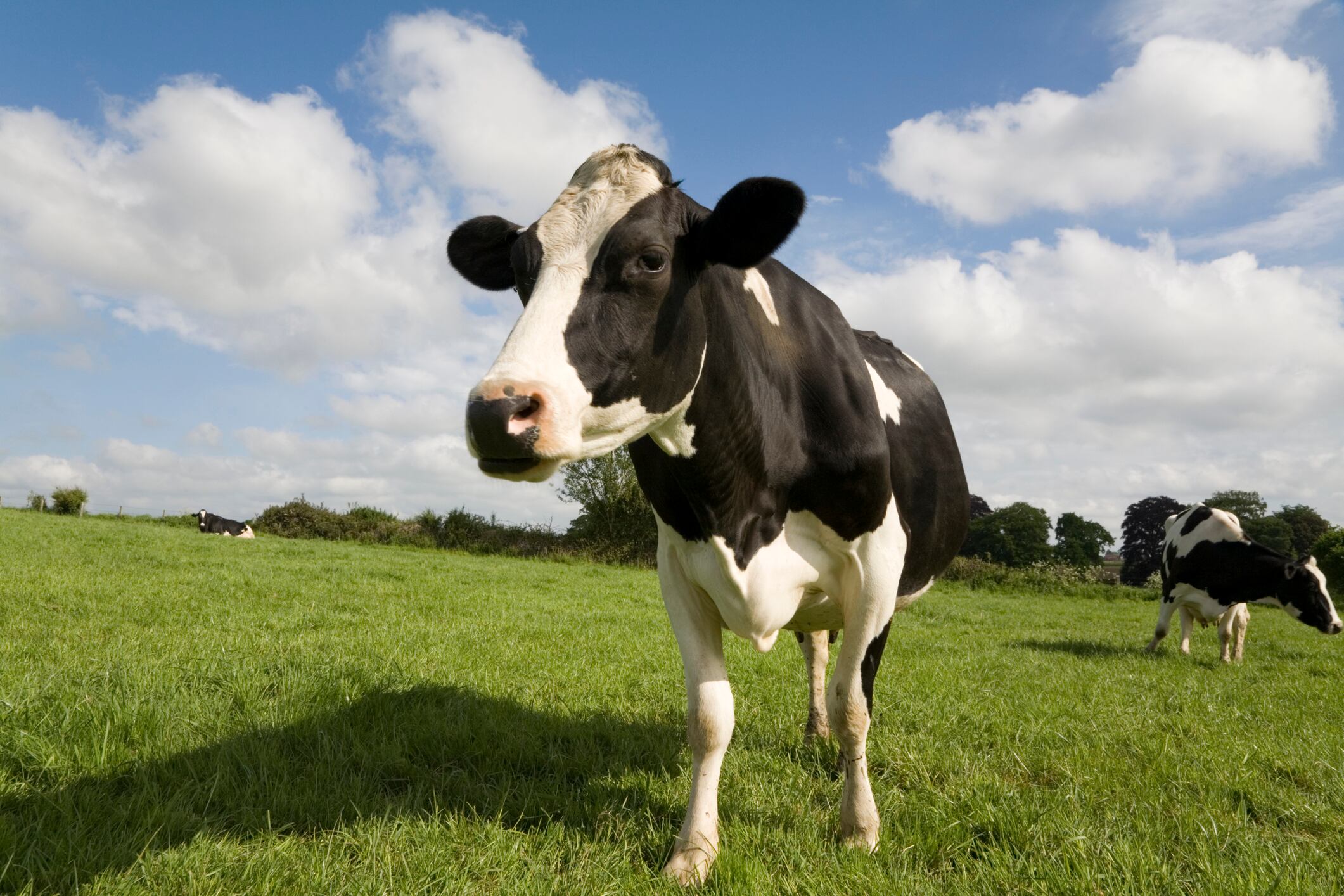James Beesley of The Grange, Main Street, Cranoe, appeared at Leicester Magistrates’ Court on Wednesday 6 August 2025, where he pleaded guilty to 20 offences.
These included failing to report cattle deaths within seven days and reusing ear tags from animals that had already been slaughtered, thus making it harder to trace the origins of meat sold in the UK.
Beesley was subsequently fined £921, reduced from £1,382 as a result of his early guilty plea. He was also ordered to pay a victim surcharge of £368 and £4,000 in prosecution costs, with the total amount to be paid coming to £5,289.
During the hearing, Beesley’s defence solicitor Tony Davis said that there was no dishonesty or financial motive, and argued that his client couldn’t cope with the demand of farming, particularly during a period when he had little help and was caring for a terminally ill father.
Davis added: “The administrative burden became overwhelming, and instead of seeking help, Mr Beesley buried his head in the sand. This was not done for monetary gain. It was an offence of omission, not commission."
Trading Standards investigation
Officers from Leicestershire County Council’s Trading Standards Team began its investigation after being contacted by the Animal and Plant Health Agency (APHA) in August 2022, which reported that Beesley had failed to submit his cattle herd for compulsory tuberculosis testing.
Before the visit, officers checked the Cattle Tracing Service (CTS) database and identified anomalies in 16 cattle records. Beesley then failed to act on this, despite receiving guidance to do so.
In April 2023 the Rural Payments Agency (RPA) notified Trading Standards of ongoing and serious inspection failures recorded between 2019 and 2022, including animals missing from registration and irregularities in ear tag usage.
The investigation found the failure to report animal deaths to relevant authorities within seven days, and the reusing of ear tag numbers previously from already slaughtered cattle.
The prosecution emphasised that non-compliance risks both human health and the wider farming industry in the event of an outbreak of disease, making traceability in the food chain vital.
Commenting on the investigation Gary Connors, head of Leicestershire Trading Standards, said: “This case demonstrates the importance of compliance with animal identification laws. These regulations exist to protect public health and other farmers’ livestock, ensure traceability, and maintain the integrity of the food chain.
“It sends a clear message to farmers that they need to make sure that their animal movements are recorded properly or potentially face enforcement action. We will continue to take robust action against those who disregard these responsibilities.”




